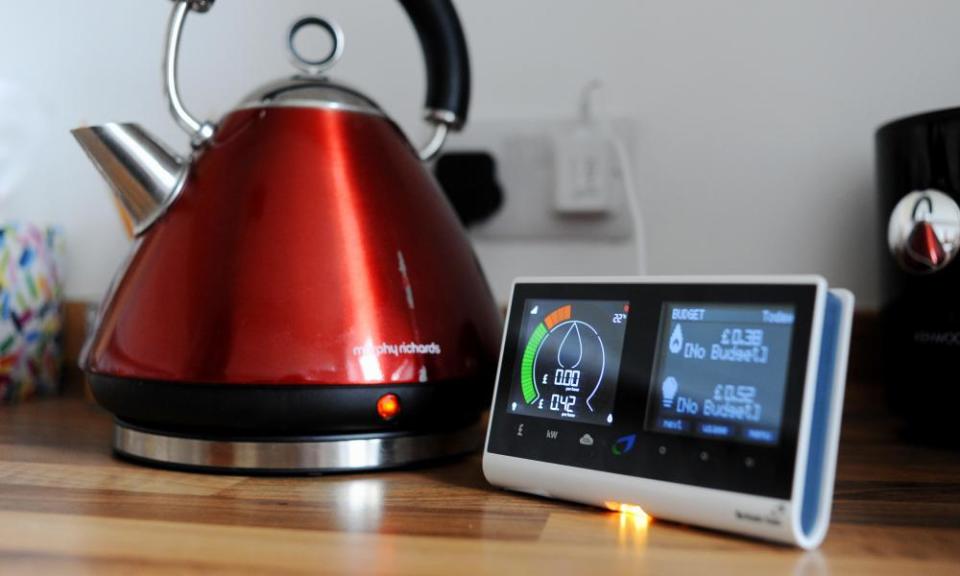Energy bills could increase to cover coronavirus defaults

The energy regulator is considering raising gas and electricity bills for 11 million households to help supply companies survive an expected sharp rise in customer debt.
The regulator said it might allow energy suppliers to charge their customers on the default standard variable energy tariff more than usual, after energy companies said they faced serious financial impacts if customers were unable to pay their bills because of the fallout of Covid-19.
Ofgem put forward the plans to raise its statutory cap on standard energy prices in an industry consultation document, published weeks after it promised to wipe £84 a year from the average dual-fuel energy bill this winter.
It said energy suppliers should be allowed to charge more to households already paying their energy bills at the higher rate, in order to cover the costs of those customers who could not pay their bills at all.
Related: What is the energy price cap and how does it work?
“Suppliers recover the costs of people not paying their bills from people that are paying their bills. In that sense the costs are always socialised across customers that did not cause the problem,” Ofgem said. “In addition, customers may have cancelled direct debits and transferred to standard credit. We therefore propose to recover any adjustment for debt-related costs from all default credit customers.”
The cap is due to fall to its lowest level since it was introduced at the start of last year to reflect the weaker cost of sourcing energy from the wholesale markets.
Ofgem adjusts the cap on energy bills every six months to ensure fair energy bills, which reflect energy company costs. These have fallen steeply in recent months because the pandemic slashed demand for energy, causing gas and electricity market prices to fall to record lows.
But Ofgem expects the impact of Covid-19, which is likely to bring a wave of company administrations and job redundancies this winter, will cut the number of households able to pay their bills. “We set the level of the cap to reflect the cost to suppliers of supplying this energy. However, the Covid-19 pandemic has potentially changed these costs in a way that wouldn’t be accounted for in the existing cap methodology,” the regulator said.
Ofgem warned last month that the price cap might need to rise again next April to reflect a recovery in energy market prices too.
The regulator opened the industry consultation earlier this week and will consider responses after 12 October, when the consultation closes.
A spokesman said Ofgem would consult the industry on whether to take the higher cost of unpaid bills into account when setting the price cap next year. “Under the price cap, customers will always pay a fair price for their energy,” he said.

 Yahoo Finance
Yahoo Finance 